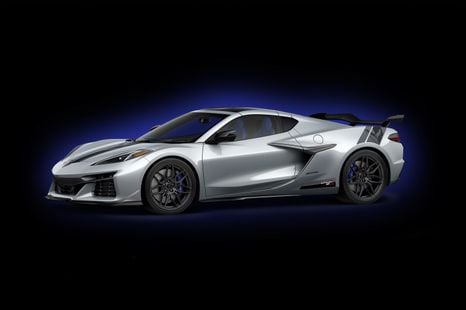

Damion Smy
Chevrolet Corvette Z06 Bathurst edition revealed for Australia
10 Minutes Ago

News Editor
Nissan and its luxury brand Infiniti have teased a pair of upcoming electric vehicles, set to be built in the US from 2025.
Nissan’s chief operating officer Ashwani Gupta teased the two vehicles as part of a webcast on the company’s plant in the Canton, Mississippi, where they’ll be built.
The company is investing US$500 million (A$698 million) in the plant, which first opened in 2003. It currently builds the Altima sedan and Frontier and Titan pickups.
Surprisingly, neither EV is an SUV, with both featuring a fastback sedan or liftback silhouette. They also appear to be at least mid-sized.
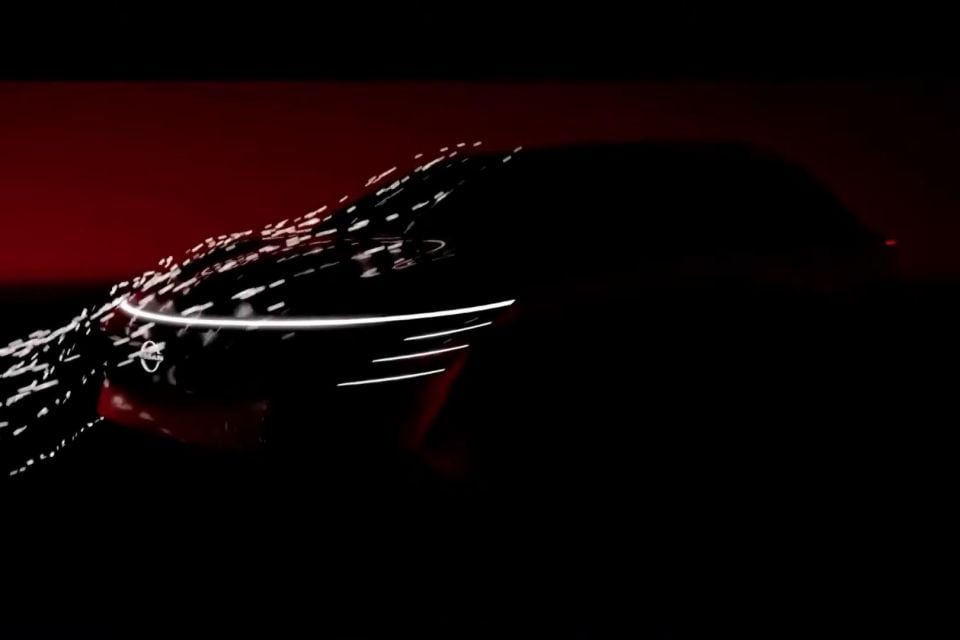
That could point to a new flagship sedan for the Nissan brand, which could replace the current Maxima that was introduced in 2016.
The Infiniti, in contrast, could be a replacement for the ageing Q50, introduced in 2013. Infiniti’s passenger car line-up also has a gap where the larger Q70 once sat; it was discontinued in 2019.
These new models will likely ride the CMF-EV architecture underpinning the new Nissan Ariya crossover, which supports both single-motor front-wheel drive and dual-motor all-wheel drive configurations.
The Ariya also offers a choice of 65kWh or 90kWh batteries and outputs of up to 290kW of power and 600Nm of torque.
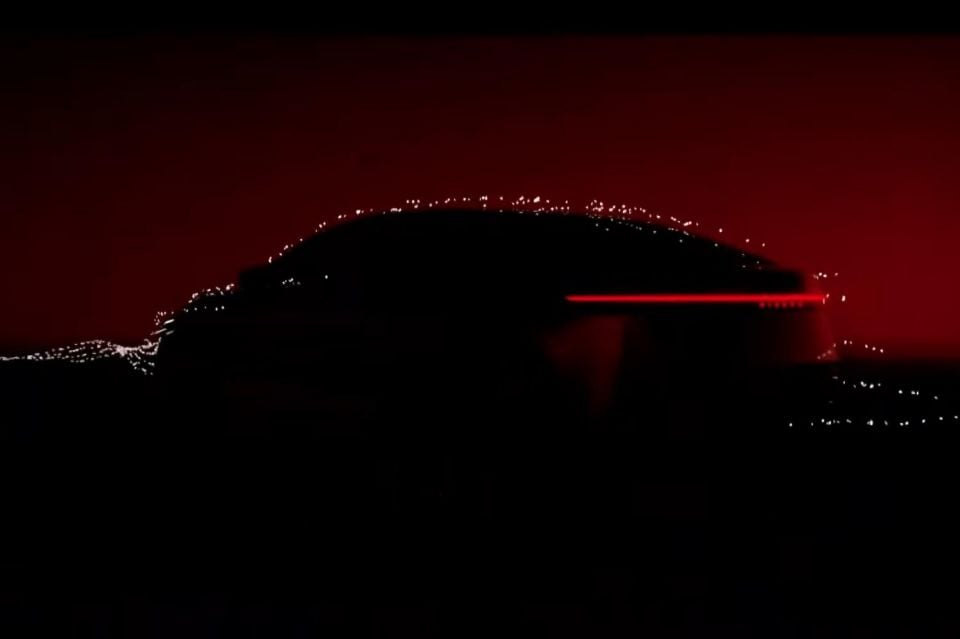
Both of the EVs teased feature the tight overhangs and long wheelbase expected of a dedicated EV, and also feature full-width LED tail lights.
The Nissan’s rear light bar is an unbroken line, while the Infiniti’s features chevron elements.
The two cars feature entirely different front end treatments – illuminated vertical bars can be found above the logo on the Infiniti, connecting to the headlights, while the Nissan has a similar face to the upcoming, Leaf-replacing crossover.

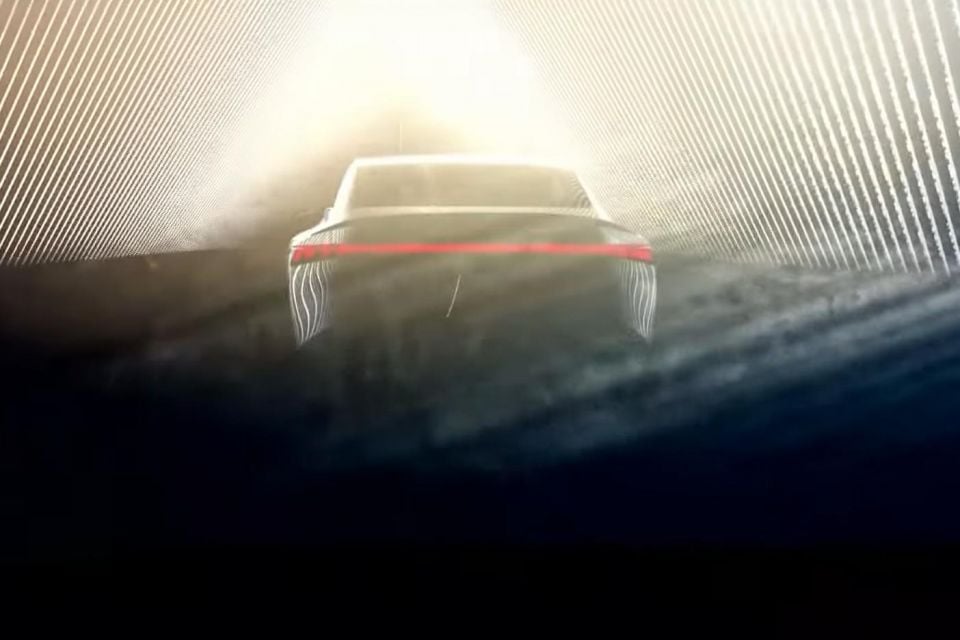
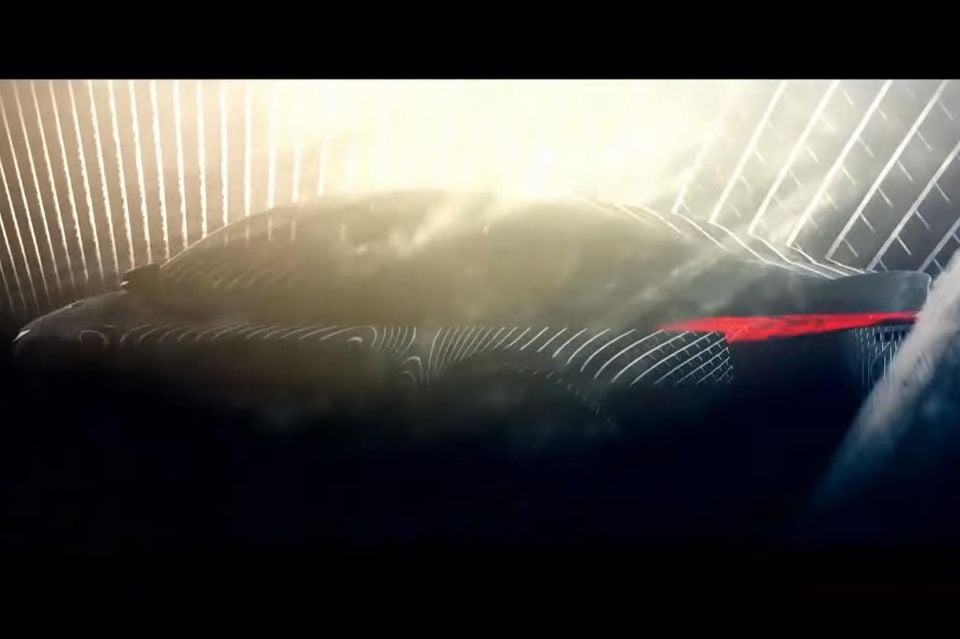
It’s too dark to make out much more in the way of sheetmetal changes, though these don’t appear to be rebadges of each other.
The two cars have unique boot lids, for example, while the Infiniti appears to have more curvaceous side detailing.
Nissan has previously said Infiniti would become “Nissan plus”, though this mightn’t be a return to the old days of transparent rebadges like the Pathfinder-based QX4.
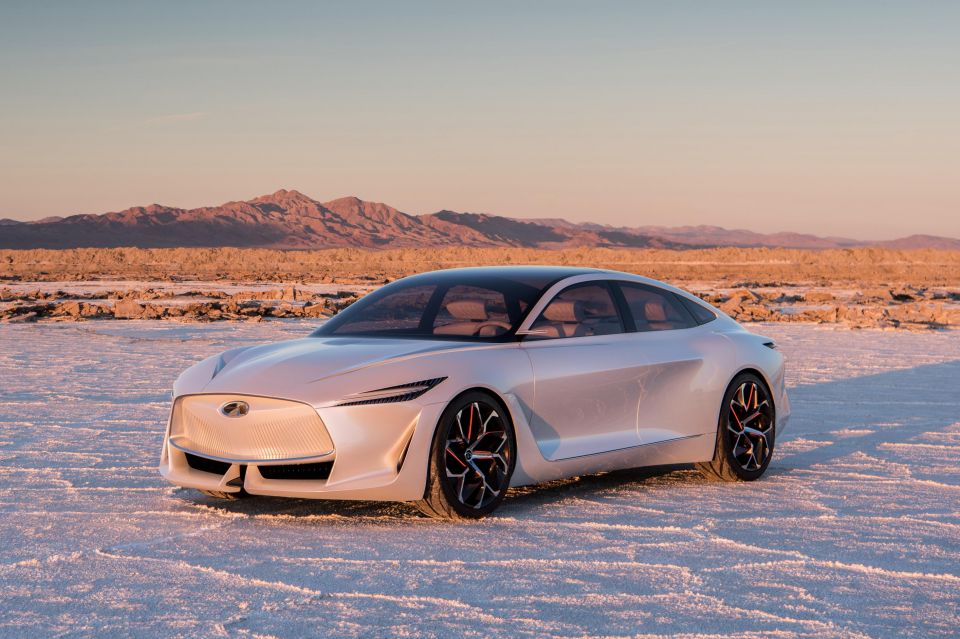
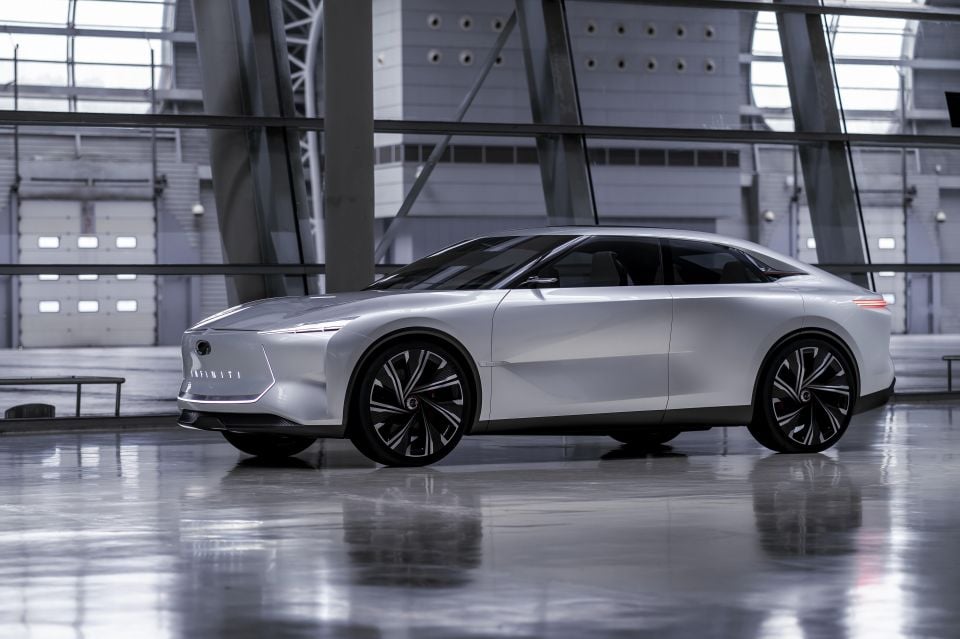
The Infiniti could draw inspiration from, funnily enough, the QS Inspiration concept revealed in 2019. This was said to also support petrol and hybrid powertrains.
Infiniti has also previously shown off the QX Inspiration crossover and Q Inspiration sedan concepts, signalling it would launch its first EV in 2021. That never happened.
In 2019, Nissan also previewed a high-riding sedan concept called the IMs, featuring a 115kWh battery, 611km of range, and outputs of 360kW and 800Nm of torque.
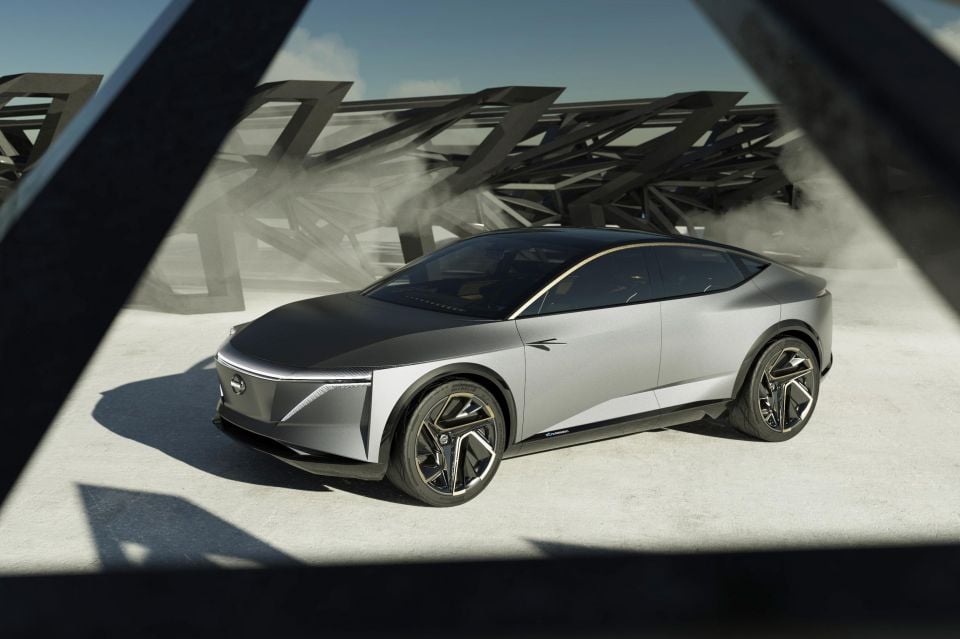
Nissan beat many automakers to the punch with its all-electric Leaf but then fumbled its early-mover advantage, and is only now getting ready to roll out its Ariya electric crossover.
A smaller crossover, previewed by the Chill-Out concept last year, is set to replace the Leaf.
Infiniti has been even slower to embrace electrification. It recently discontinued its Q50 and Q70 hybrids, and scrapped plans to introduce a Leaf-based compact luxury sedan in 2015.
The luxury brand has yet to offer an EV, and now doesn’t even sell any hybrids.
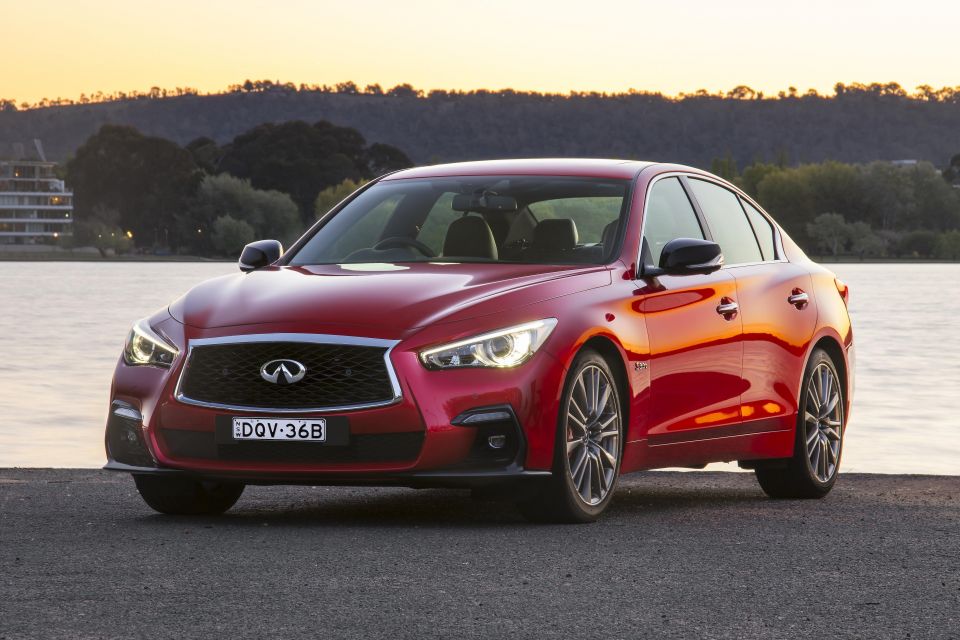
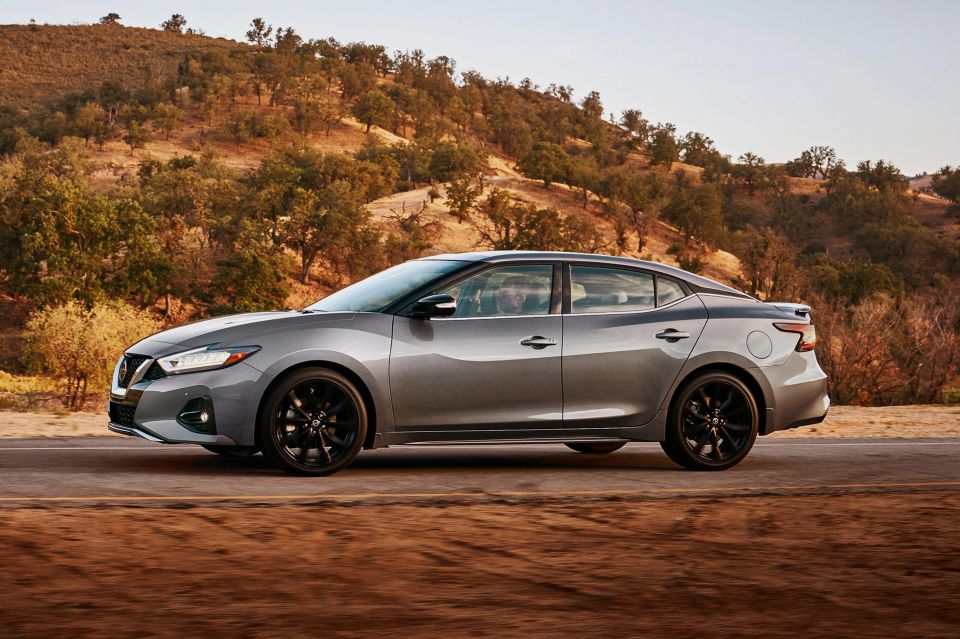
Nissan announced late last year it’s spending 2 trillion yen (A$24.6 billion) on electrification over the next five years.
The company’s Ambition 2030 vision involves 23 electrified models, including 15 new electric vehicles, in market by fiscal year 2030, as well as the introduction solid-state batteries by fiscal year 2028.
Over the next five years, it intends to introduce 20 new models with electric or e-Power hybrid powertrains.
The company says its new proprietary all-solid-state-batteries (ASSB) will be produced at a pilot plant in Yokohama as early as fiscal year 2024 ahead of a market introduction in fiscal year 2028.
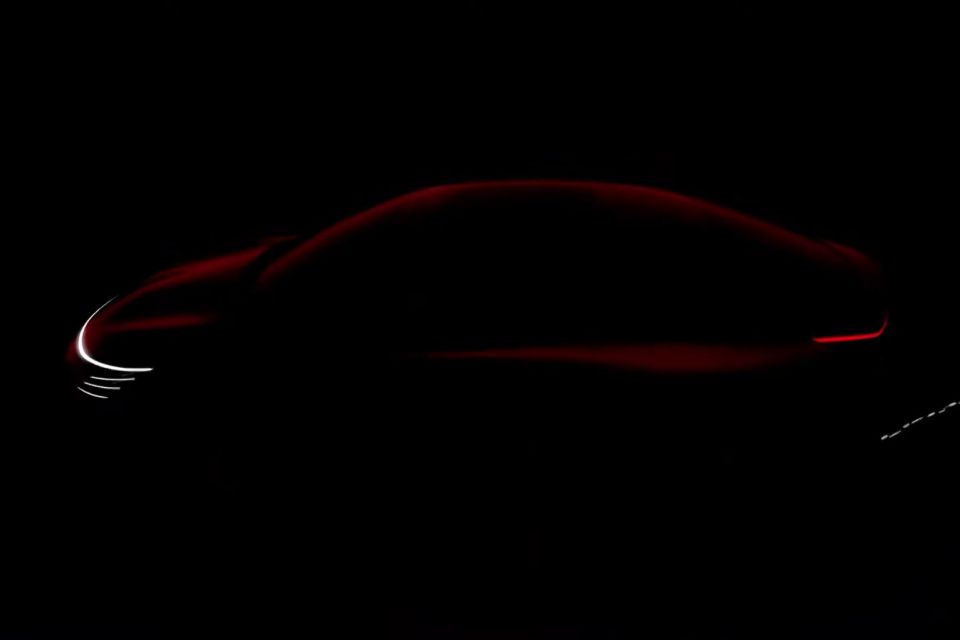

The company claims these will reduce charge time to one-third and bring the cost of battery packs down to $75/kWh by fiscal year 2028 and down to $65/kWh thereafter.
By employing cobalt-free battery technology, Nissan expects to reduce the cost of its lithium-ion batteries by 65 per cent by fiscal year 2028.
At some unspecified time in the future, it expects to achieve cost parity between EVs and petrol vehicles.
It’s also investing further in its ProPILOT driver assist technology, with the aim of expanding it to over 2.5 million Nissan and Infiniti vehicles by fiscal year 2026.
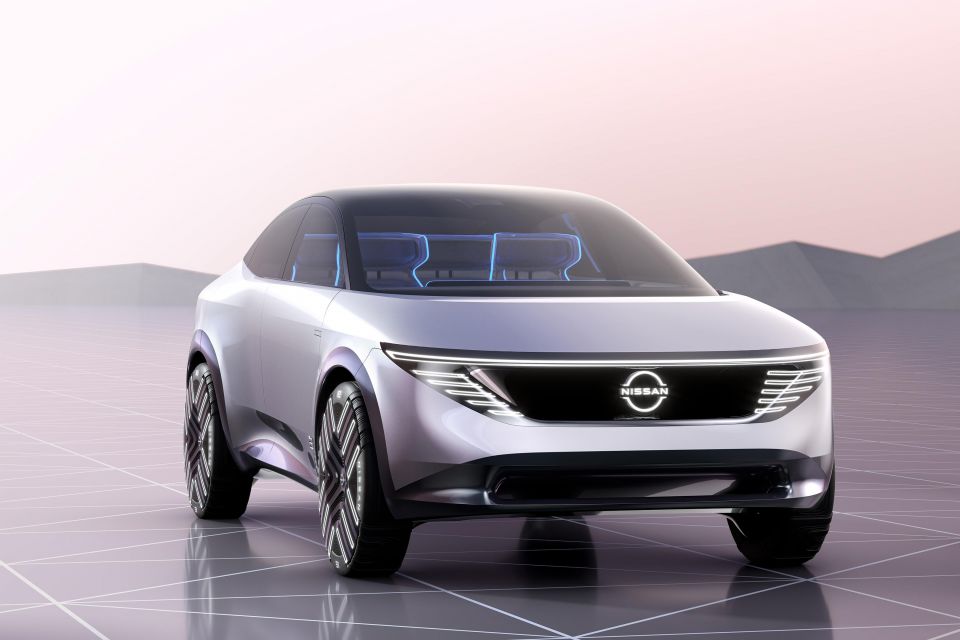
MORE: Nissan announces $24.6 billion electrification plans, four EV concepts MORE: Renault-Nissan-Mitsubishi present united front, share key plans
Go deeper on the cars in our Showroom, compare your options, or see what a great deal looks like with help from our New Car Specialists.
William Stopford is an automotive journalist with a passion for mainstream cars, automotive history and overseas auto markets.


Damion Smy
10 Minutes Ago
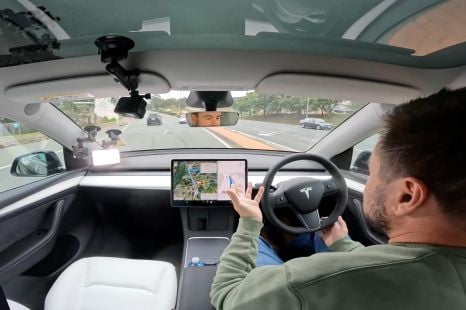

William Stopford
18 Minutes Ago
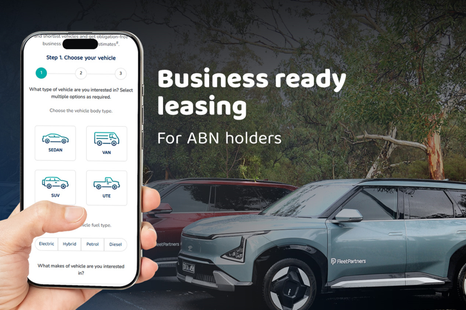

CarExpert
1 Hour Ago
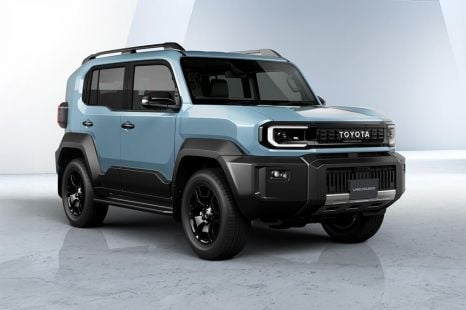

Damion Smy
2 Hours Ago
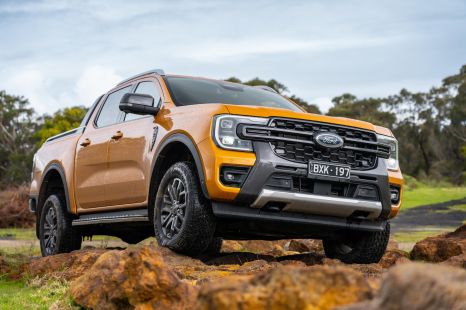

William Stopford
3 Hours Ago
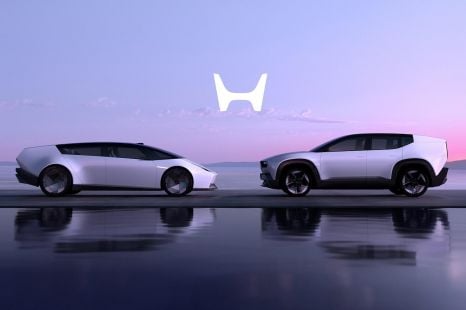

Derek Fung
6 Hours Ago
Add CarExpert as a Preferred Source on Google so your search results prioritise writing by actual experts, not AI.